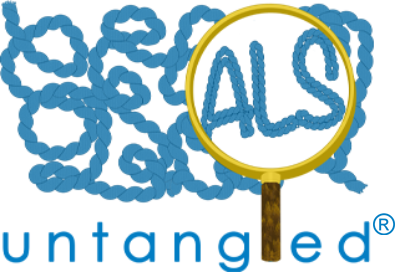Rife Machine and Retroviruses
It is possible, although currently unsettled, that ALS in some individuals may be due to a retrovirus. Even if true, however, Rife’s microscope technology, his identification of specific frequencies for pathogens, and the ability of Rife radio frequency machines to kill pathogens, are all unproven and highly implausible. We have identified no verified cases of […]
Fecal Transplants
There is rapidly expanding evidence implicating alterations in the fecal microbiome in wide-ranging human diseases, including potential contributions via a gut-brain signaling axis in neurodegenerative and neuroimmunologic disorders. Proposed mechanisms such as immune modulation and the production of neurotoxins by clostridia or other microbiota could bypass an intact blood-brain barrier. To date, there are no […]
Deanna Protocol
Mitochondrial dysfunction, glutamate excitotoxicity, and oxidative stress have all been implicated in ALS pathogenesis, and targeting these mechanisms individually or by a cocktail such as the Deanna Protocol could play a role in future ALS therapies. However, many of the preclinical and animal studies related to these pathways have not translated into successful treatments in […]
Sodium Chlorite NP001
The NP001 formulation of sodium chlorite acts through a plausible mechanism and preliminary data suggest that it is safe and may slow ALS progression in some PALS. The WF10 formulation of SC appears to act through this same mechanism. Although WF10 is available for off-label use, it is very expensive, may have more side-effects than […]
When ALS Is Lyme
The monograph “When ALS Is Lyme” is filled with errors in logic, misinterpretations of scientific papers, controversial statements that are either not referenced or refer to unverifiable anecdotes, and omissions of data contradicting its authors’ opinions. It fails in its attempt to argue that there is a connection between ALS and Lyme disease. At this […]
Coconut Oil
Coconut oil has plausible mechanisms for use in ALS involving raising ketone bodies and lipid levels. Ketogenic and high fat diets may have helped slow motor neuron loss in small ALS animal studies with many flaws. Two online PALS have reported subjective improvements in muscle strength while taking coconut oil, while four others have not. […]
Bee Venom
In our opinion, BV has biological effects that could potentially be useful in ALS. Two ALS-animal studies in which BV was injected into an unusual anatomic location showed positive effects on motor preservation and inflammatory markers; one showed improved survival. However, there are some significant problems with these animal studies. They do not meet methodological […]
Luteolin and Lutimax
In summary, luteolin is an interesting naturally occurring bioflavinoid that has been shown to have a myriad of functions in various models that could potentially be useful in slowing progression in patients with ALS. However, convincing data to support any positive effect on human ALS do not yet exist. Furthermore, there are legitimate reasons to […]
